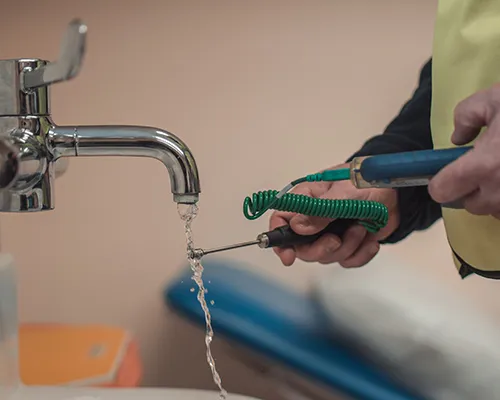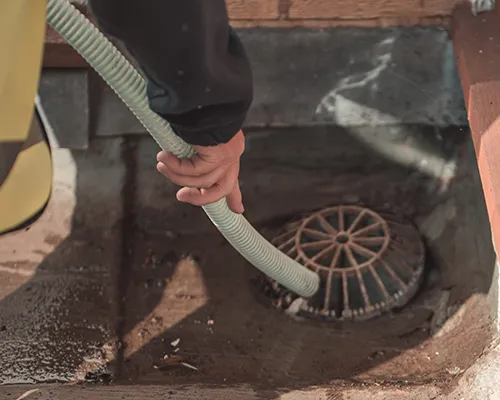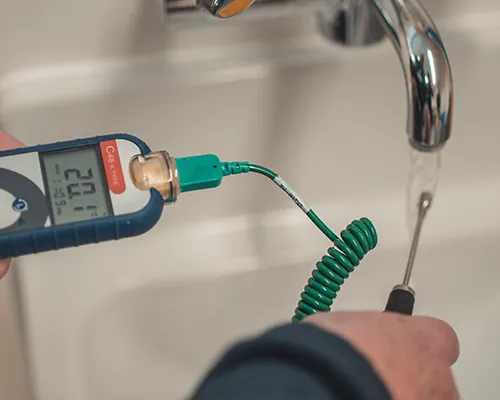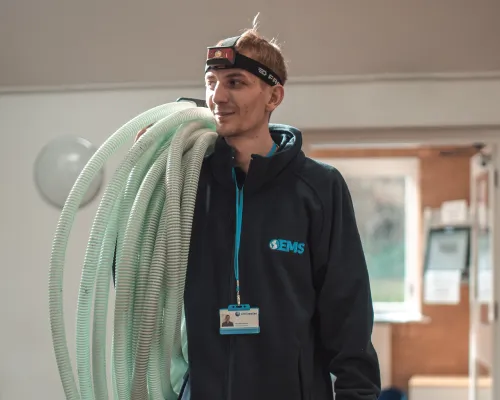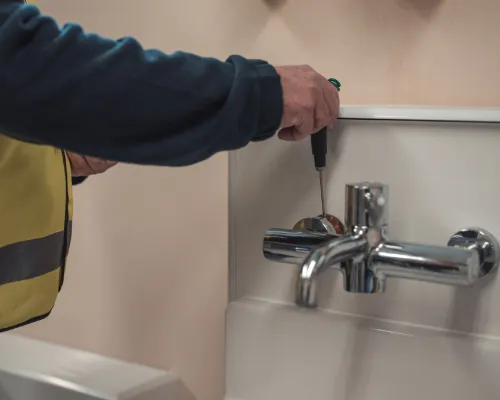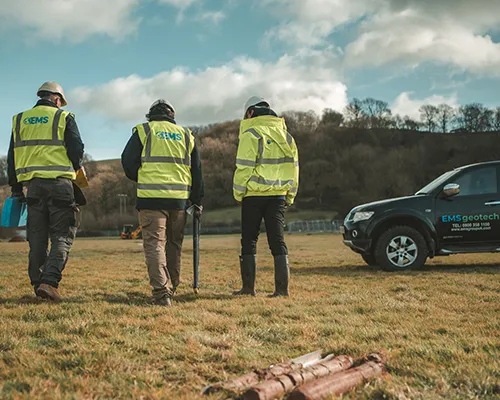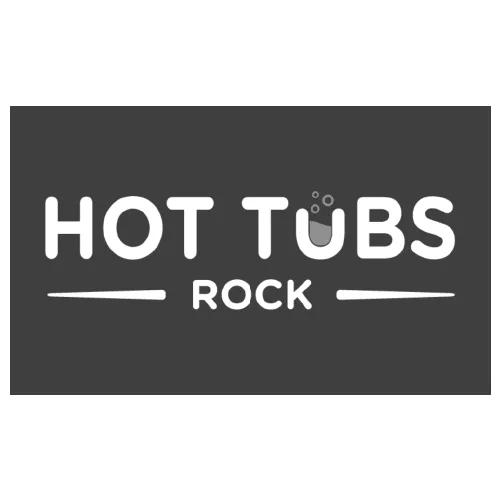All Dental practices require a Legionella Risk Assessment.
Dental Practices are required to be registered with the Care Quality Commission. This has been a requirement since 2011. The Care Quality Commission (CQC) requires dental practices to demonstrate good practice, high standards and operations and be able to demonstrate evidence of this in relation to Health and Safety. This includes a Legionella Risk Assessment.
The requirement for Legionella Risk Assessment in Dental practises has actually been present since the HSE’s ACOP L8 publication was produced in 2001. In addition, HTMGuidance document 04-01 (Health Technical Memorandum HTM 04-01 – The Control of Legionella, Hygiene, “Safe” hot water, cold water and drinking water systems) was published in 2006 which again recommended Legionella Risk Assessments be undertaken.
However, the most recent HTM 01-05 (Health Technical Memorandum HTM 01-05 – Decontamination in Primary Care Dental Practices) states that it is a legal requirement for all dentists in the UK to have a legionella risk assessment.

